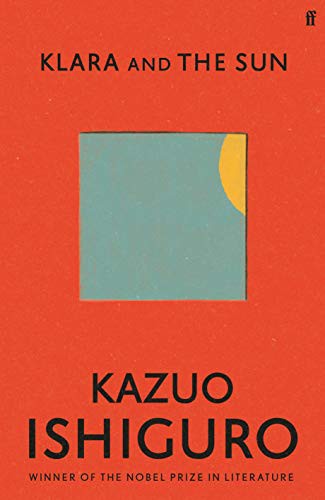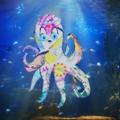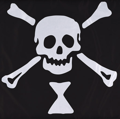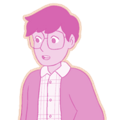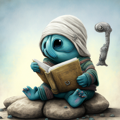L.A. recenzis Klara and the Sun de Kazuo Ishiguro
Klara And The Sun
5 steloj
This was an interesting read and given that I have not read any of the author's other works, I was not quite sure what I was getting into. (Though, I have watched Remains Of The Day)
This book felt simple and yet complex. The simplicity was in the narrator: an AI or artificial friend who seems a bit naive and limited to her programming being a friend with a sick child. The complexity was in everything surrounding the two of them that wasn't said or maybe not said too loudly.
It is scifi and post apocalyptic, but you would not know it first delving into the story. Klara is a unique narrator but unreliable for such interesting times. Her unique view of the world drives the narrative most of the time.
The uses of faith, family, culture, society, technology and relationships really fleshes out the story and gives the quiet …
This was an interesting read and given that I have not read any of the author's other works, I was not quite sure what I was getting into. (Though, I have watched Remains Of The Day)
This book felt simple and yet complex. The simplicity was in the narrator: an AI or artificial friend who seems a bit naive and limited to her programming being a friend with a sick child. The complexity was in everything surrounding the two of them that wasn't said or maybe not said too loudly.
It is scifi and post apocalyptic, but you would not know it first delving into the story. Klara is a unique narrator but unreliable for such interesting times. Her unique view of the world drives the narrative most of the time.
The uses of faith, family, culture, society, technology and relationships really fleshes out the story and gives the quiet parts more weight.
Maybe I'll try another book by this author. I really enjoyed this.
